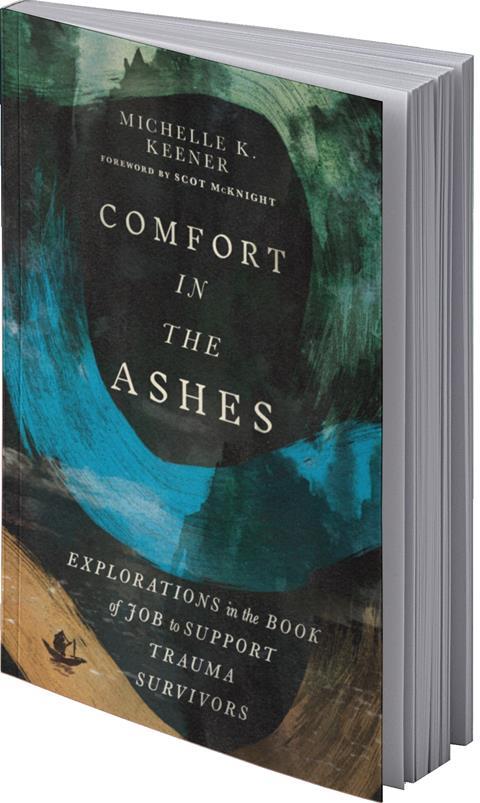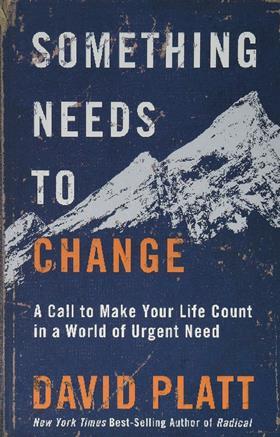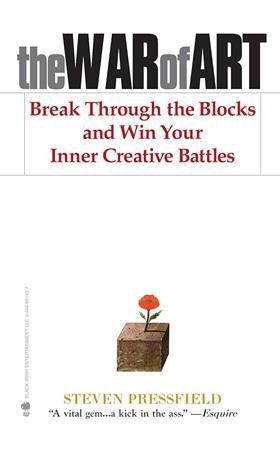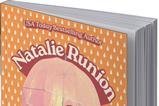Hosted by Claire Musters
This month I’m reading…

Comfort in the Ashes: Explorations in the book of Job to support trauma survivors
By Michelle Keener (978-1514010341, IVP)
Michelle Keener is a biblical scholar who wrote her doctoral dissertation on the book of Job, viewing it through the lens of trauma therapy. She has made the content more widely accessible in this thought-provoking book to offer up an approach that doesn’t flinch from the hard passages in Job, and the difficult questions we tend to ask about it. She is at pains to point out how the biblical book is sensitive to those who have been impacted by trauma, and shows us how God goes to meet Job in the ashes when everyone else had deserted or blamed him.
Michelle uses the metaphor of a shattered window, explaining how a trauma survivors’ worldview is similarly shattered and needs to be pieced back together, bit by bit, over a period of time. I also found her analysis of the language and form of Job, including the use of dialogue, fascinating.
The book is unflinching in pointing out how the Church has failed trauma survivors – how we have been too eager to encourage people to move on from the mess – and provides practical ideas for how church leaders, congregations, friends and family members can learn to “sit in the ashes with the hurting”.
As someone who is keenly aware that our churches need to become safe spaces for those who are still in pain, this book was a breath of fresh air.
You say you never intended to write a book about trauma and the Bible, but it was a time of personal suffering that changed the trajectory of your study – could you explain a little of the impact of that and why you feel the Church needs this book?
I have always been passionate about discipleship and so I began my PhD with a plan to write my dissertation on discipleship in the contemporary Church. But while I was still in my coursework, I went through a season of deep suffering and tragedy that changed everything. I was in an Old Testament writings class at the time, and I was supposed to be writing a paper on Psalms, but I asked my professor if I could write on Job instead. She was the one who suggested I look at trauma studies and Job. Once I began to do that, the whole book of Job made sense to me in a new way. So, when it was time to write my dissertation I immediately went back to Job and trauma.
As I was writing, I became convinced that this was research that could have a positive impact on the Church. I have seen and experienced what happens when church leaders and pastors don’t know how to respond to suffering in a healthy and biblical way, when we put business ahead of people or when we hide our own wounds to look good. We, as the Church, need to be better equipped to handle trauma and walk with people through seasons of pain and suffering. So, I knew I wanted to take this research and make it accessible and applicable for the Church.
Why do you think we tend to offer up “neat and tidy Christian responses” when bad things happen?
As pastors and church leaders, I think we often feel a responsibility or an obligation to have all the answers. When people come to us with wounds and trauma, we may feel like it is our job to explain it. See if any of these responses sound familiar: “Let go and let God,” “God works everything for good”, “You just need to trust (or pray or forgive) more.” The problem is that while those neat and tidy Christian answers may be true, they may not be helpful. The right message at the wrong time is still the wrong message. When we approach a survivor with the intent to ‘fix’ them or get them back to ‘normal’ we are missing the opportunity to be with them in their suffering and meet them in their need. That can easily end up being a second wound to someone who is already hurting, and it can be devastating.
You define what trauma is – and isn’t. Can you explain why that is such an important distinction for those in the Church to be able to make?
One of the key points here is that trauma is a response, not an event. Often when we say ‘trauma’ we may be referring to an event that occurred, like a car accident or a divorce or a medical diagnosis. In actuality, though, trauma is the response we have to the event. Trauma is something that overwhelms our ordinary coping skills. It is an involuntary response that we cannot control, and we cannot create. Trauma is unique to each person experiencing it. Two people may be involved in the same awful event, but one person may have a trauma response and the other may not. We cannot judge how ‘traumatic’ something is based on what we think of the event or how we think the survivor should react. We have to be aware of and sensitive to the survivor’s response to the event. Trauma is not a sign of weakness nor is it a lack of faith. Trauma is an involuntary survival response to an overwhelming situation.
As many churches will be without trained professionals, you encourage them to refer people to professionals, but still believe the Church can support someone in their healing – so how can people recognise trauma?
The local church is often the place people will turn to when their world falls apart or when they are walking through suffering. Which is great! Jesus demonstrated for us how we are to love and care for one another. So, I suggest it is incredibly important for church leaders and pastors to be able to recognise some signs of potential trauma. First, do you know of someone who has been through a massive life event? Maybe the loss of a loved one, or losing their job, or an accident? We should be attuned to those events so we can be prepared to come alongside the survivors. Second, has this person seemed to ‘bounce back’ really quickly? Sometimes, denial and avoidance are our first reactions to trauma. But a person’s first response to trauma will probably not be their last response. Third, are you seeing this person talk about the event over and over again? Repetition is often a big part of trauma as the survivor keeps trying to make sense of what happened. Finally, do you see a marked change in this person? Are they suddenly missing church? Has their appearance changed? Has their behaviour changed? Those are all things we can be looking for within our congregations.
While you indicate there are no definitive answers to explain the speeches God gives, you do unpack how they give Job space to heal and find meaning. Could you share a little about that here?
I often hear that one of the frustrating things about the book of Job is that there are no answers given. Job never finds out why he suffered, God does not explain why there is undeserved suffering in the world and yet, after this experience with God in the whirlwind, Job is able rise from the ash heap and carry on with his life. What is it about the divine speeches that allows Job to heal from his trauma? There is no easy answer to that question, but what we see is that God meets Job in the midst of his pain and trauma. It is in this personal encounter with God that Job is able to make meaning of his experience, even if we, as the readers, never find out what exactly he learned. It is from this place of meaning that Job is able to find healing and step out of the ash heap of his trauma, and that, I suggest, shows us that there is no one-size-fits-all process for healing from trauma. Healing is a deeply personal journey.
Michelle Keener on: The books that have changed my life

Something Needs to Change by David Platt
I read this book a few years ago and I still think about it – I even referenced it in my book. It is a beautiful story filled with challenging and thought-provoking moments about what it means to be a Christian in this day and age.

Mrs Frisby and the Rats of NIMH by Robert C. O’Brien
I remember sitting at the feet of my third grade teacher as he read us this book in class. I was absolutely captivated and, when he had finished reading it to the class, he gave the book to me. The book is now falling apart, but I still have it. That book inspired my love of reading and started me on the path to becoming a writer.

The War of Art by Steven Pressfield
This book was influential for me as a writer. It is a compelling and inspiring look at creativity, art, passion and the inner battles so many of us face when it comes to pursuing our artistic calling. For me, it was an incredibly motivating book that challenged me to follow my dreams.

































No comments yet